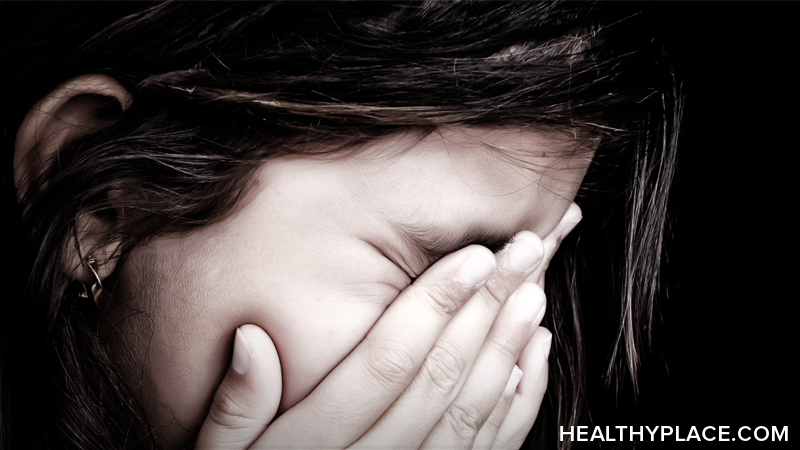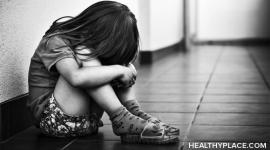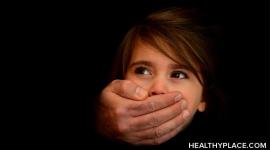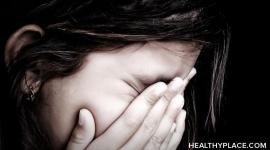Effects of Child Sexual Abuse on Children

Learn about the psychological and emotional effects of sexual abuse on children.
The effects of child sexual abuse weigh heavily on the tens-of-thousands of new sexual abuse victims every year. While the reported number of sexual abuse cases may be 80,000 or less, the estimated rate of child sexual abuse is much higher due to the lack of reporting. It's believed that only 30% of child sexual abuse victims report the abuse as children.1
The effects of child sexual abuse include behavioral, cognitive and psychological effects. Substance abuse, eating disorders and low self-esteem can occur as a result of child sexual abuse.
Varied Effects of Child Sexual Abuse
Many psychological effects of child sexual abuse are seen in children of any age, as no child is psychologically prepared to cope with sexual stimulation. Even a two or three year old, who cannot know the sexual activity is wrong, will develop problems resulting from the inability to cope with the effects of child sexual abuse.
As a child ages, the effects of child sexual abuse may be even more obvious. Most sexual abusers are known by the victim and so the child is often trapped between their loyalty for the abuser and the sense that what is happening is wrong. Telling someone about the abuse becomes terrifying as the child may fear it will result in:
- Them getting in trouble, being shamed or judged
- A loss of love
- Violence (often due to threats from the abuser)
- The break-up of the family
The effects of child sexual abuse usually include low self-esteem, a feeling of worthlessness, a lack of trust in adults and an abnormal or distorted view of sex. The effects can be so strong that the child may even become suicidal. Children who have suffered from sexual abuse are also at an increased risk of future abuse and may become child abusers themselves.
The following may be effects of child sexual abuse:
- Unusual interest in or avoidance of all things of a sexual nature
- Sleep problems or nightmares
- Depression or withdrawal from friends or family
- Seductiveness
- Statements that their bodies are dirty or damaged, or fear that there is something wrong with them in the genital area
- Refusal to go to school
- Delinquency/conduct problems
- Secretiveness
- Aspects of sexual molestation in drawings, games, fantasies
- Unusual aggressiveness
- Extreme fear or anxiety
- Substance use / abuse
- Suicidal behavior
Parents can prevent or lessen the chance of sexual abuse by:
- Telling children that if someone tries to touch your body and do things that make you feel funny, say NO to that person and tell me right away
- Teaching children that respect does not mean blind obedience to adults and to authority, for example, don't tell children to, always do everything the teacher or baby-sitter tells you to do
- Encouraging professional prevention programs in the local school system
Because of the possible devastating effects of child sexual abuse, sexually abused children and their families need immediate professional evaluation and sexual abuse treatment. Psychiatrists and psychologists that specialize in helping sexually abused children are particularly helpful. Professional help can help the child regain a sense of control over life and can help deal with the feelings of shame or guilt over the abuse. This help can begin the process of recovery from the trauma and prevent future problems.
Sources:
- American Academy of Child and Adolescent Psychiatry, Facts for Families – Child Sexual Abuse: http://www.aacap.org/galleries/FactsForFamilies/09_child_sexual_abuse.pdf
APA Reference
Tracy, N.
(2021, December 17). Effects of Child Sexual Abuse on Children, HealthyPlace. Retrieved
on 2026, February 2 from https://www.healthyplace.com/abuse/child-sexual-abuse/effects-of-child-sexual-abuse-on-children



